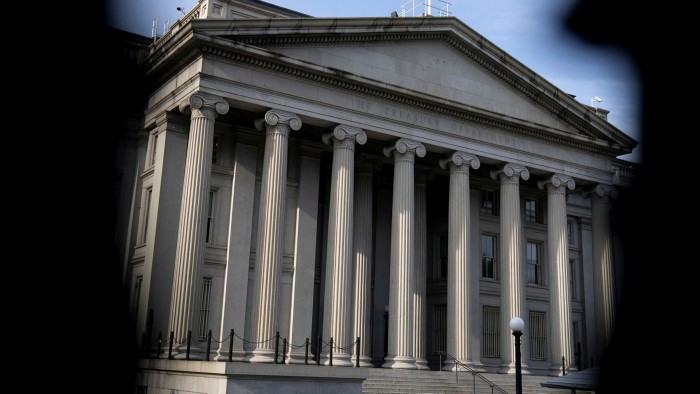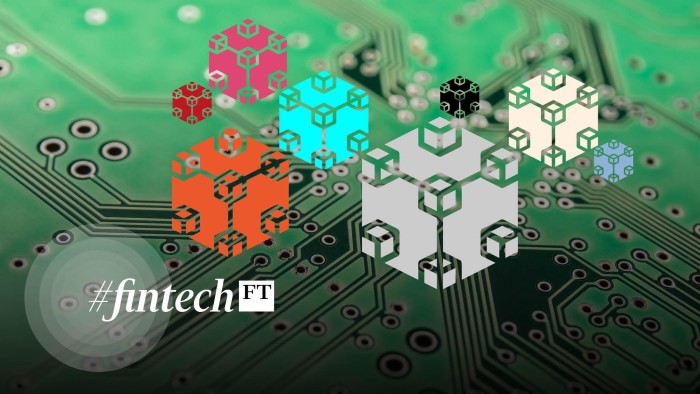Crypto platforms linked to surge in suspicious activity reports

Simply sign up to the Cryptocurrencies myFT Digest -- delivered directly to your inbox.
The US government’s system for spotting money laundering has received a surge of suspicious activity reports from a set of San Francisco financial companies that includes some of the world’s leading cryptocurrency trading venues, according to a new report based on federal data.
Although known as exchanges, many crypto trading platforms are registered as money services businesses, a category that also includes currency dealers and money transmitters. Money services businesses are required to file Sars, as the reports are known, to the Treasury’s Financial Crimes Enforcement Network, FinCEN.
In San Francisco, home to many crypto trading platforms, money services businesses last year filed 206,527 Sars, up from 73,959 in 2020 and 14,845 in 2019, according to Dynamic Securities Analytics, an anti-money laundering consultancy in Tampa, Florida. In all, the San Francisco money services businesses accounted for roughly one in 15 of the nearly 3.1mn Sars filed nationwide in 2021, DSA found.
Because there are no cryptocurrency categories on the Sars forms, it cannot be confirmed that crypto exchanges in San Francisco were responsible for the rise in filings to FinCEN by money services businesses in the city.
However, Alison Jimenez, DSA’s president, said activity by crypto exchanges was the most likely explanation for the increase, noting that FinCEN had issued guidance in 2019 stressing the need for dealers in “convertible virtual currencies” to register as money services businesses and comply with anti-money laundering requirements.
She said 65,397 of the Sars filed by San Francisco money services businesses last year raised suspicions that another firm was an unregistered or unlicensed money services business — a sign that the FinCEN guidance might be having an impact. By comparison, there were only 122 such filings in nearby Santa Clara county, California, home to large Silicon Valley payments companies such as PayPal.
Coinbase, a publicly listed crypto exchange that is registered with FinCEN as a money services business in San Francisco, cautioned against drawing wide-ranging conclusions from the data in the DSA report. It said an increase in Sars filings only signals that more potentially illicit activity is being reported — and did not equate to an increase in money laundering.
Steven Christie, global head of compliance for Kraken, a crypto exchange in San Francisco that is registered as a money services business, said he saw the rise in Sars filings detailed in the DSA report as sign of “a larger movement” of alternative payment methods that gained popularity during the pandemic. “Crypto is just one of many,” he said.
Weekly newsletter

For the latest news and views on fintech from the FT’s network of correspondents around the world, sign up to our weekly newsletter #fintechFT
He added: “Where there is an opportunity to exchange value, there is an opportunity for bad actors to try to exploit any platform. But you will find the main players in the crypto space are very sophisticated and have been investing a lot of time, energy and resources into making sure their platforms are safe from that kind of activity.”
Jimenez said her report pointed to the need for FinCEN to collect more detailed information on the use of cryptocurrencies in financial crimes and money laundering. “There is a lot of discussion about how to best regulate the crypto industry,” she said. “We need more data.”
FinCEN declined to comment.
Comments